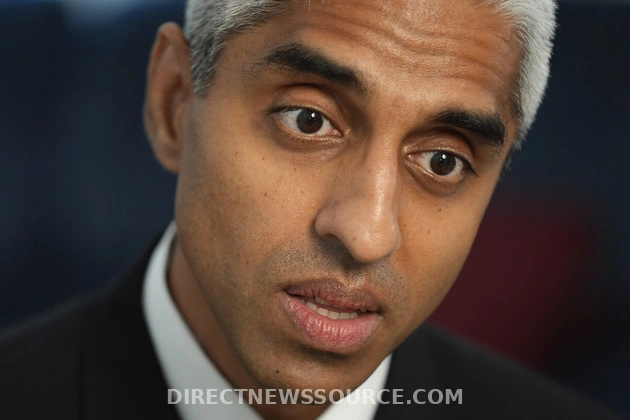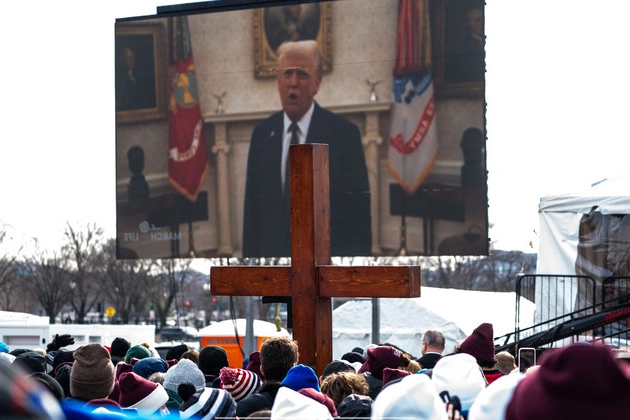
Surgeon General's Call for Alcohol Warning Labels and Cancer Risk
Surgeon General Vivek Murthy’s recent advocacy for alcohol warning labels to address the cancer risk associated with alcohol consumption is stirring debate in public health circles and the alcohol industry.
Alcohol labels warning of cancer risk may soon be a requirement, but the road to implementation faces significant obstacles, particularly in Congress, where legislative action is essential for such mandates.
The Link Between Alcohol and Cancer Risk
In his report, Murthy emphasized the direct correlation between alcohol consumption and cancer risk, positioning alcohol as the third-leading preventable cause of cancer in the United States, following tobacco and obesity.
Despite the significant health implications, many Americans remain unaware of the cancer risks posed by alcohol consumption.
Industry Opposition and Lobbying Efforts
The alcohol industry, staunchly opposed to labeling requirements and stricter consumption guidelines, has intensified its lobbying efforts to sway lawmakers against supporting such measures.
Key industry players, including Anheuser-Busch and industry groups like the Distilled Spirits Council, have invested heavily in lobbying activities, aiming to influence congressional decision-making around alcohol regulations.
Potential Changes in Dietary Guidelines
Murthy’s call for alcohol warning labels coincides with the impending update to dietary guidelines by the Departments of Health and Human Services and Agriculture, setting the stage for potential shifts in how alcohol consumption is addressed at a national level.
President Donald Trump and his appointee for HHS Secretary, Robert F. Kennedy Jr., could hold significant sway in shaping these guidelines without the need for congressional approval.
Congressional Response and Industry Influence
Congressional representatives, backed by the alcohol industry, have voiced opposition to stricter alcohol regulations, raising concerns about suspending studies on alcohol consumption that inform dietary guidelines.
The alcohol industry’s substantial financial contributions to political candidates and parties have further entrenched its influence on Capitol Hill, potentially impeding efforts to enforce alcohol warning labels and tighter consumption guidelines.
Public Health Advocates’ Stand
In contrast, public health advocates, including Marion Nestle and other experts, have echoed Murthy’s call for alcohol warning labels, underscoring the urgency of addressing alcohol-related cancer risks through informed consumer choices and regulatory interventions.
With shifting attitudes towards alcohol consumption and emerging scientific evidence linking moderate drinking to health concerns, the debate around alcohol warning labels and stricter guidelines continues to evolve.
Conclusion
As the discourse on alcohol warning labels gains momentum, the intersection of public health interests, industry influence, and legislative actions will shape the future landscape of alcohol regulation and consumer awareness.















